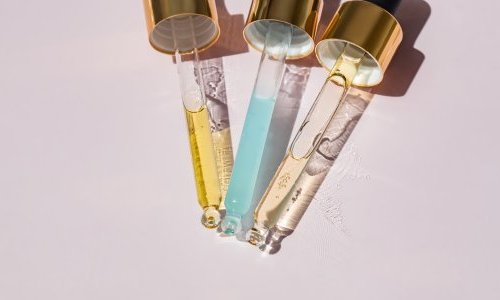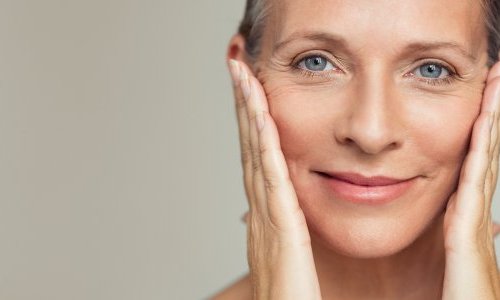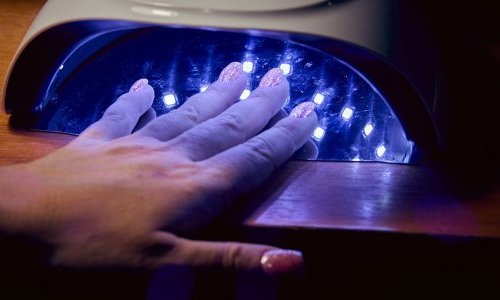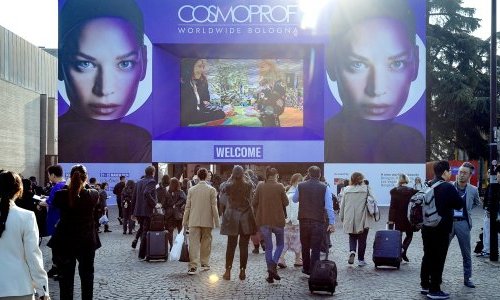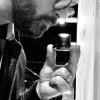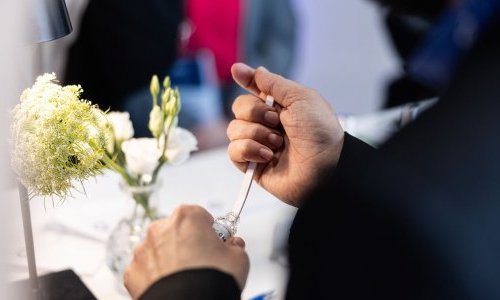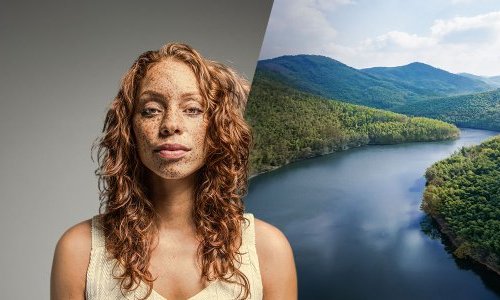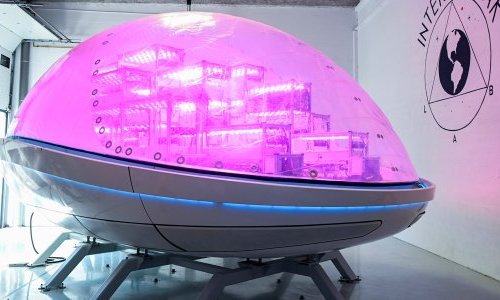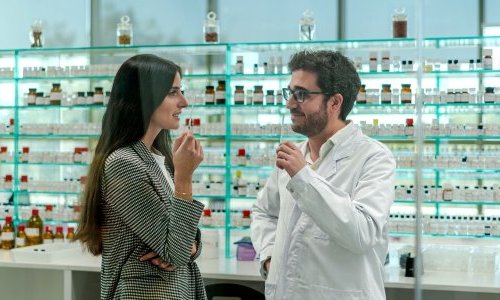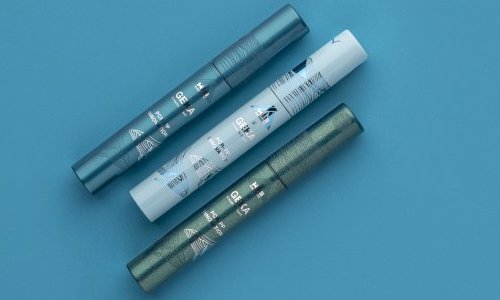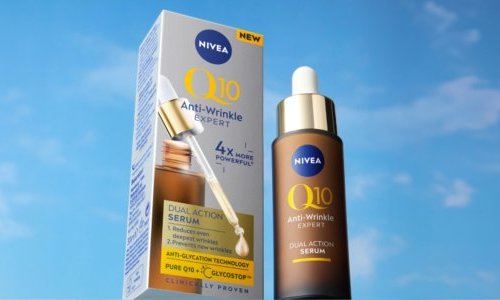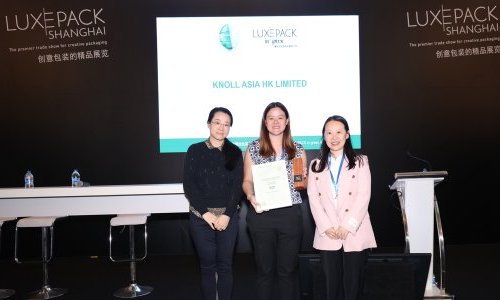
It was already known that drinking that morning cup of coffee might decrease the risk of occurrence of certain skin cancer. However, the mechanism by which caffeine protects the skin remained largely unknown. A new study by researchers at the University of Washington in Seattle and at Rutgers, the State University of New Jersey, provides further documentation on biological mechanisms involved.
“Multiple human epidemiologic studies link caffeinated (but not decaffeinated) beverage intake with significant decreases in several types of cancer, including highly prevalent UV-associated skin carcinomas,” said the authors of the study funded by the National Institutes of Health, which was published in the Proceedings of the National Academy of Sciences.
Genetically modified mice
To further investigate this issue, scientists genetically modified and diminished the levels of a protein enzyme in the skin, known as ATR (Ataxia telangiectasia and Rad3-related), in one group of mice. Then, they exposed the transgenic mice to UV rays. Indeed, caffeine is known as an inhibitor of several cellular processes, including the activation of ATR.
The study confirmed the importance of the inhibition of the ATR protein. Indeed, genetically modified mice developed tumours more slowly than the unmodified mice and, at the end of observation, they had 69 percent fewer tumours than regular mice and developed four times fewer invasive tumours.
Role of caffeine on the skin
The researchers have compared these results to another study where caffeine was applied on the skin of UV-pretreated “high-risk” mice. In that case, mice developed 72 percent fewer squamous cell carcinomas, a form of skin cancer. [1]
While this aspect needs to be further investigated, scientists believe that based on what they have learned studying mice, caffeine applied directly to the skin might help prevent damaging ultraviolet light from causing skin cancer.
The study, also found, however, that when both groups of mice were exposed to chronic ultraviolet rays for an extended period of time, tumour development occurred in both the genetically modified and regular mice. “What this seems to indicate is that inhibiting the ATR enzyme works best at the pre-cancerous stage before UV-induced skin cancers are fully developed,” said Allan Conney, professor of Chemical Biology and director of the Susan Lehman Cullman Laboratory for Cancer Research at the Ernest Mario School of Pharmacy, co-author of the study. “Caffeine might become a weapon in prevention because it inhibits ATR and also acts as a sunscreen and directly absorbs damaging UV light,” he added.

